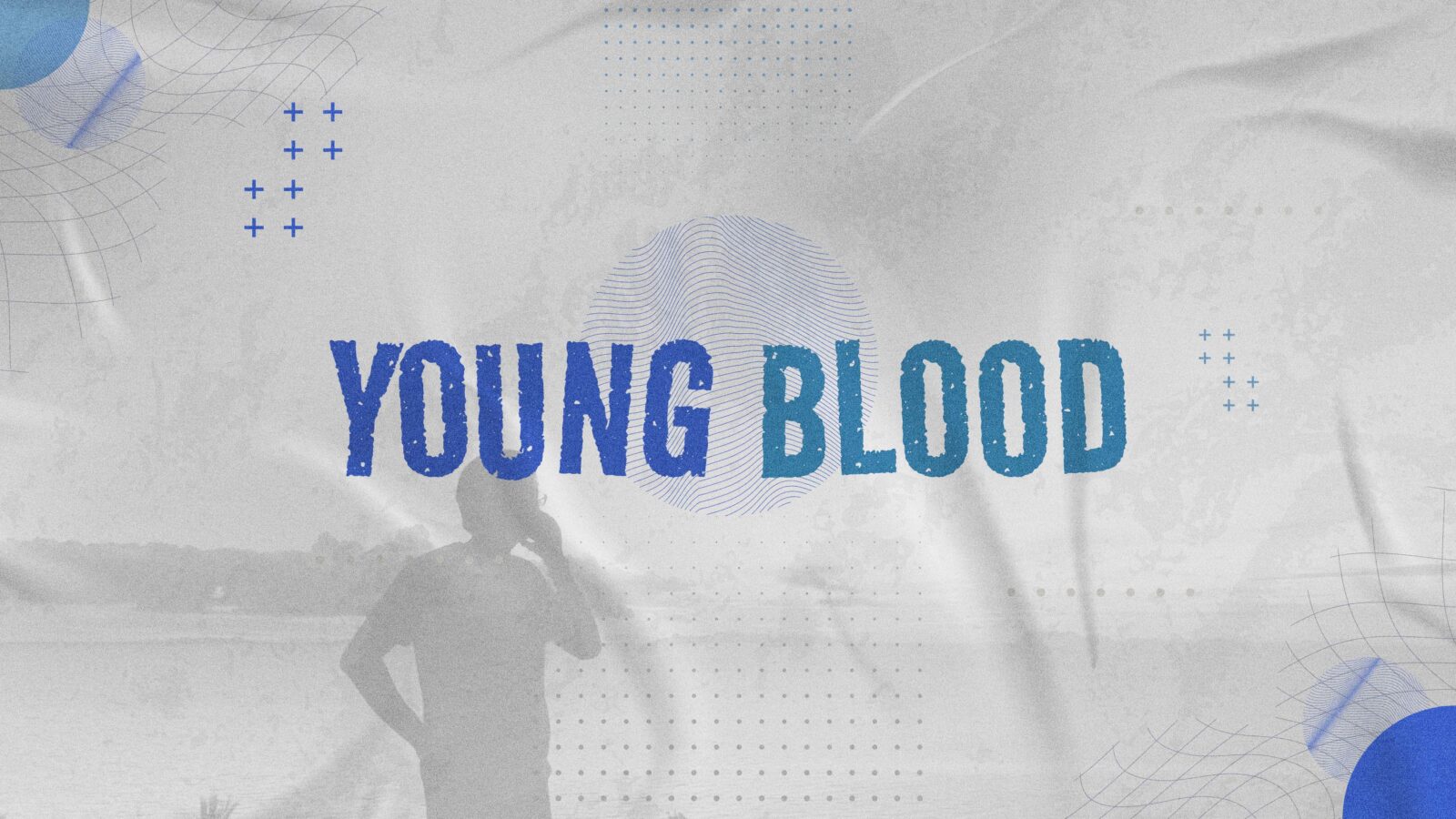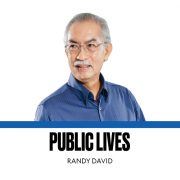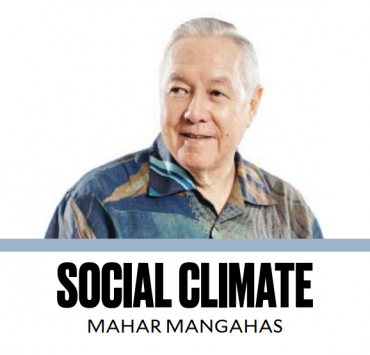Indelible ink

When I was still in elementary school, I would always look forward to the election season. I treated it like an extended fiesta, with catchy campaign jingles of candidates ringing throughout our subdivision. I have looked out for the sample ballots handed out to us by various political candidates. All I wanted at that time was to get my hands on those papers and shade circles to my will. I had no idea which candidates were worth my faux vote; all that mattered was if their name sounded pretty and if I had seen their advertisements during commercial breaks. Come election day, I would marvel at the seemingly invincible indelible ink on my parents’ index fingers.
Fast forward to 2022, where I first exercised my right to suffrage. Taking chemistry as a degree program in college teaches you a lot of things, like the magic trick behind the indelible ink, which had no more appeal to me rather than brandishing it in front of my camera for a mandatory selfie so that my friends know that I have voted. We barely get sample ballots now, and even if we do, I have long outgrown the fascination of shading them.
As a matter of fact, just merely thinking about election stresses me out. What used to be catchy jingles that I would sing along to back then has become overly repetitive and annoying to me now. Commercial breaks, which were supposed to give the audience a temporary relief from the weight of the news or the heaviness of soap operas, are littered once again with the names of election hopefuls. Campaign posters are everywhere with gigantic faces of candidates, only to be left washed out and vandalized after the election season. Social media has been ground zero yet again for propaganda, unhealthy discourse, and disinformation with numerous logical fallacies. Everywhere you look, there will be politics—and rightfully so.
Transitioning from the young mind’s impressions of the election saga into an actual voter is comparable to that eventful moment where you realize that Santa Claus is a work of fiction. The young voter experience, I would say, is somehow antithetical to one’s expectations. I had to fall in line for almost eight hours just to get registered as a voter. I endured it because voting is a sacred right gifted to me but why does signing up for a civil right difficult?
I am reminded that all these stressors emphasize the immense responsibility of the voting population to elect worthy candidates. As we approach election day, I grew more critical about the candidates.
Their banners and posters, for instance, are noticeably filled with their huge faces, smiling over us like guardian angels; their names shadow their consanguinity to political families. I barely can find posters that tell us their advocacies and platforms, and when they do, it’s always blanket statements like “tulong sa mahihirap,” “tapat na pagseserbisyo,” and “para sa pagbabago.”
There is nothing new about these claims. While it is our obligation as voters to know about the candidates, it is just dignified to expect them to introduce themselves—and by that, I mean the specific things they are going to do if they get elected.
It’s enlightening to think that growing into being critical of political candidates from just liking them based on name recall is like transitioning from having puppy crushes to actively seeking someone qualified to be a future spouse. You’re not just looking for someone who can woo you with songs and dances, or someone with an insane face card, but someone who would take care of you. It’s heartbreaking to know that both in the romantic and political landscape, many of us would settle for less.
I have started to think about the candidates I will be voting for this year, and I have my own wishes that I would love to see fulfilled. I would like them to do something about the troublesome process of getting valid IDs. Every single government agency has its own complicated process and list of requirements needed to apply for one, with matching long lines as well.
But when I think about it, what makes our nation unwise when it comes to voting is that we tend to vote for people who have done personal favors to us. I don’t blame others for doing so, such as in cases where a politician helped them with hospital bills for a sick loved one. But I can only think about how progressive our country will be if we think beyond our own personal spheres and look at what these candidates have done and will do for the community and for the country once they are elected.
Next month, the nation will go to the polls again. Shading circles looked like we’re taking a test, which is just accurate, as it is through election that we are tested as a nation on morals, principles, and our big hopes for reform and development. Amid the disappointments and what ifs, our votes are indelible ink that imprint long-lasting changes on our nation.
I hope we make it right this time.
—————-
Joshua S. Geraldino, 22, is a chemistry graduate at the University of the Philippines Diliman. He lives in Laguna.

















Japan-Asean ties must move beyond symbolism